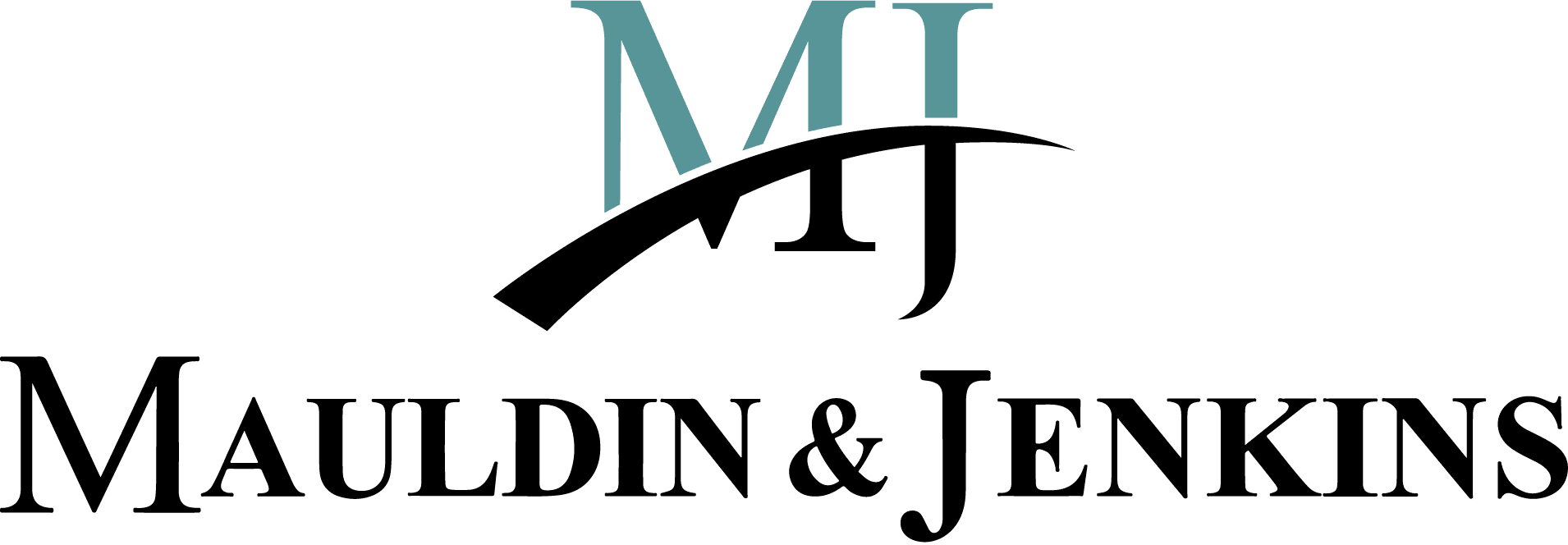By: Aleisa Howell, Jon Schultz, and Kimberly Haynes
As the pandemic drags on, institutions of higher education (IHEs) continue to struggle with exceptional challenges. Financial support through the Higher Education Emergency Relief Fund (HEERF) has been a welcome and necessary tool to help colleges and universities manage, providing multiple rounds of funding to support students and the institutions they attend. Now the federal government has added another $198 million of American Rescue Plan Act of 2021 (ARP) funds in targeted aid.
The U.S. Department of Education (ED) announced in late January the reopening of the application period for HEERF funds and later published a formal notice in the Federal Register: “Notice Inviting Applications for Public and Private Nonprofit Institutions of Higher Education Under the Higher Education Emergency Relief Fund (HEERF), Section 2003 of the American Rescue Plan Act, 2021 (ARP)”
New HEERF funds for high-need students and schools
The ED announcement addressed a handful of HEERF-related developments, the most notable being the additional ARP funds. This round of support is directed specifically at students and IHEs that have the highest levels of unmet financial needs stemming from or related to the pandemic.
The additional funding will be awarded through the Supplemental Support under American Rescue Plan (SSARP) program, or HEERF III. SSARP applications for the additional funding are due no later than April 4, 2022, and while any eligible IHE can apply, SSARP awards will target a subset of these organizations:
“In awarding funds, the ED will prioritize community colleges and rural institutions of higher education that serve a high percentage of low-income students and have experienced enrollment declines since the start of the pandemic.”
And as with previous ARP HEERF funding, the announcement reminds potential grant applicants:
“[T]he Department encourages eligible institutions to use SSARP funds toward 1) evidence-based practices to monitor and suppress Coronavirus, 2) strategies for addressing students’ basic needs, 3) support for students’ continued enrollment and re-enrollment, 4) forgiveness of institutional debts, and 5) the expansion of programs that lead to in-demand jobs.”
More HEERF developments
Besides the major infusion of SSARP funding, ED’s January announcement shared new guidance for all recipients of ARP grants. This guidance, a collection of FAQs, clarifies expectations and provides specific examples of how grantees can use the Institutional Portion of HEERF funds to meet students’ basic needs.
A Dear Colleague Letter cited in the announcement will soon go to every public and private institution of higher education in the nation. This letter notifies recipients that FAFSA data held by the institution can, under certain conditions, be used to notify students about other federal assistance programs and benefits for which they may potentially qualify. Permitted programs for this use of FAFSA information include the federal Child Tax Credit and Recovery Rebate Credit; federal programs offering income-based assistance for nutrition, health insurance, housing and connectivity; and unemployment benefits administered through states.
The announcement also reported $5 million of new grant funding at six Hispanic Serving Institutions — community colleges located in California, Maryland, New Jersey and Texas. The money will help develop and implement new programs that expand students’ on-campus access to food, housing and healthcare services.
Narrow application window
The application period for supplemental grants under this latest SSARP funding closes April 4, 2022. Applications must include all required forms and information. Given the limited time frame as well as the complexity — and the potential value — of a properly submitted application, IHEs that may qualify for this additional funding should strongly consider seeking professional assistance.
If your IHE could potentially qualify for and benefit from the additional HEERF assistance just announced, or if you have questions about how to use or report expenditures related to previous HEERF grants, contact your Mauldin & Jenkins advisor as soon as possible.




